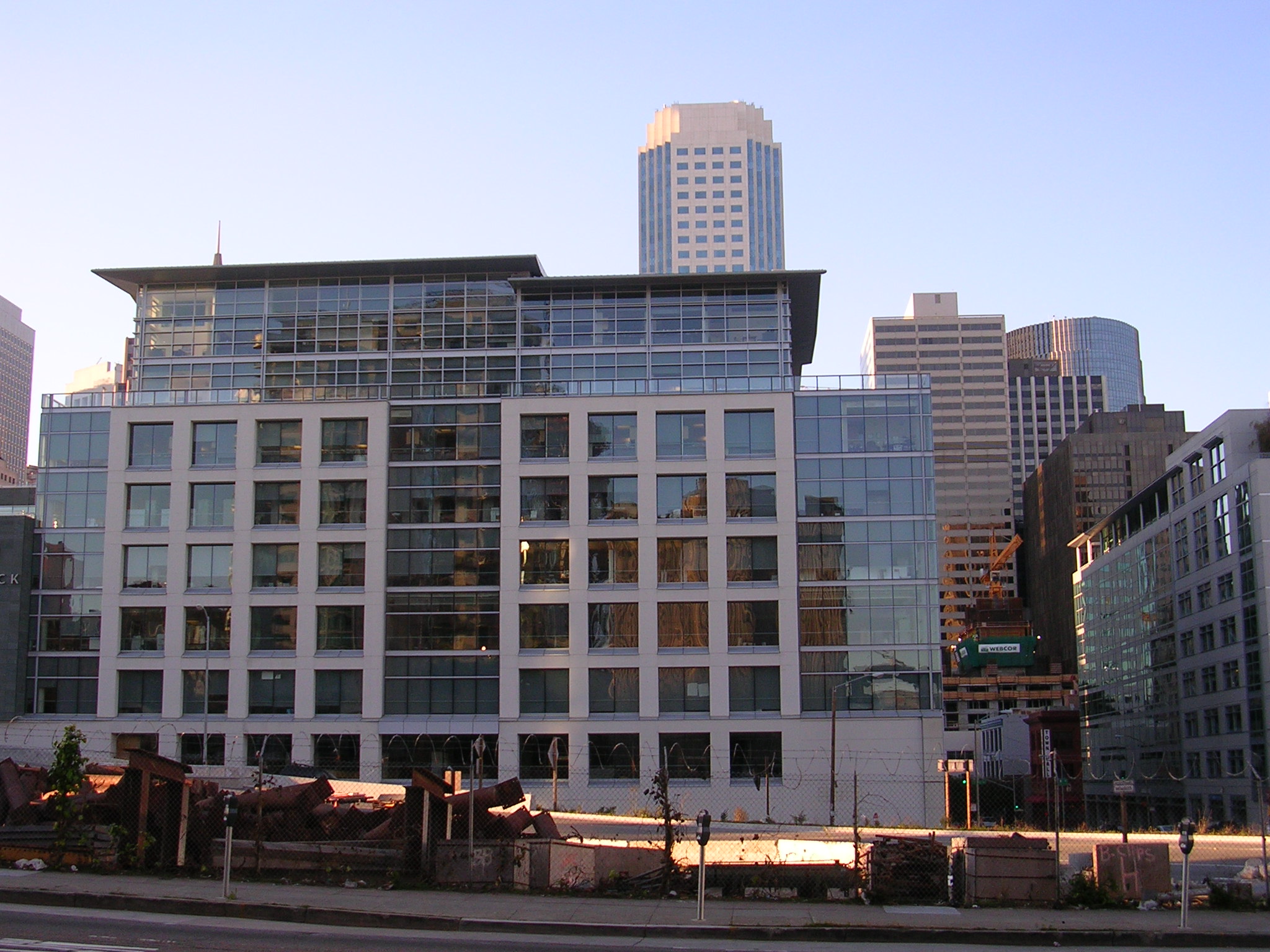Homelessness continues to be a pervasive social contemporary problem within the San Francisco Bay Area. Advocacy organizations and service providers of homeless people seek to implement policies that minimize barriers that homeless families, youth, and adults are facing. In fact, focus groups consisting of members of the homeless population and/or front line service providers in 12 different homeless service providers and advocacy organization took place.. The survey outcomes revealed interesting findings of barriers within the homeless system. These barriers ranged from systemic capacities shortcomings, family eligibility problems, to shelter program rules that contribute to the difficulties this population experiences. Furthermore, here are some recommendations for creating a system that fosters successful exits for individuals, families, and adults experiencing homelessness.
System Capacity
System expansion of shelters, navigation centers, full-service family emergency shelters, drop-in services, improvement of the youth access to 24-hour care and residential treatment are needed. In addition, access to behavioral health services which have proven to be beneficial to the homeless population once housed.
The findings from the focus group indicated a need for access to adequate living conditions, increase in space to address hygienic needs and more housing permitted within the shelter. By increasing housing options for the homeless population, it would help to resolve the homeless crisis in San Francisco and the greater Bay Area.
Many families are facing numerous barriers in accessing shelter, which include stricter criteria in obtaining shelter, long waiting lists and an intricate system not designed to address their needs. There are several recommendations to resolve this problem such as reducing the waiting list through diversion, prioritizing families on the waiting list, simplifying intake criteria, eliminating residency requirements for shelters, accommodating the reunification process, waiving ID requirements for entering shelters, eliminating requirements of proof of homelessness status, ending weekly phone requirements, and enactment of continuous access to Connecting Point Services.
Shelter Stays
Countless families and individuals are faced with “forced timeouts,” in the homeless system. Shelter stays are currently plagued with instability and lack of linkage to permanent housing. By allowing open access to the shelter waiting list, supporting a program’s ability to set their own length of stay, shelter to housing placement and eliminating the “seven-day out” rule at agencies such as Hamilton would help to create stability that these individuals and families need.
Single Adult Shelter and Navigation Center Eligibility
Findings from the focus group suggested the need to solidify equal access to shelters, rectify the one night bed shelter system, allow drop-in’s to shelters with availability, eliminate requirements for biometric imaging and fortify an equal access to navigation center.
Shelter Advocates
It’s recommended that like other shelters, in navigation centers advocates assist clients facing homelessness with the due process and that proper grievance procedures are followed once someone loses access to navigation centers. In addition, fair treatment of residents no longer able to stay in shelters must be a systemic norm. It’s essential to provide support to shelter residents that would like to appeal decisions made about their housing.
Housing Access
Each human has a right to adequate housing and there should be access to services to all of those in need, improved process of housing people experiencing homelessness, coordinated assessment for housing, considered all risk factors to becoming homeless, decriminalization of homeless people, feedback from case managers and implementing a centralized application process. Overall, these are a few recommendations that would help to improve the homeless system and fortify success for this population.
Shelter Program Rules and Barriers
Many participants in the focus group presented themes relating to the importance of programs creating nurturing environments for people experiencing homelessness. Other recommendations for changes included loosening curfew hours, improving access to childcare, treating clients with dignity, ensuring cleanliness of shelters, addressing family needs, and continued access to trained staff with knowledge of mental health, women, trauma, and cultural issues.
Housing Program Rules and Barriers
Many rules imposed by housing programs were considered barriers by the participants in the focus group. Prevalent themes of the inability to manage paperwork, maintaining access to benefits were problematic and significant. It would be more beneficial to this population to halt the process of evicting people no longer receiving benefits, eliminate non-payment of rent eviction, and allow changes to be made within a household without access to housing being compromised.
The information obtained is valuable in implementing policies and changes that adhere to the needs of the populations that they serves. It’s through collaboration and the sharing of experiences that will help to end homelessness in San Francisco. ≠
Featured image courtesy of Wikipedia.


